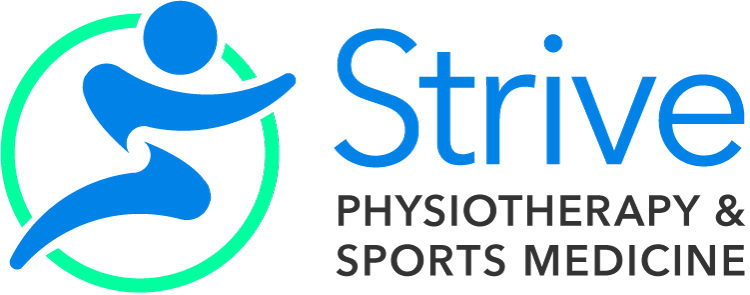Learn more about Concussions and how Physiotherapy can help you get better after a concussion.
What is a Concussion?
Concussions are a type of brain injury that can happen to anyone, from athletes to everyday individuals. While they are common, concussions should never be taken lightly. They occur when the brain is jolted inside the skull due to a blow to the head or body. This sudden movement can disrupt the brain’s normal function, leading to various symptoms and impairments.
What is Post-Concussion Syndrome?
Post-concussive syndrome is a complex condition that can occur after experiencing a concussion or mild traumatic brain injury (TBI). While most people recover fully from a concussion within a few weeks (2-4 weeks), some individuals may continue to experience persistent symptoms and challenges that can last for months or even years. This collection of symptoms and impairments is referred to as post-concussive syndrome.
What are Persistent Post-Concussive Symptoms?
Symptoms can vary widely from person to person. Some common symptoms include:
- Persistent Headaches: Headaches that continue long after the initial concussion.
- Dizziness and Vertigo: Feeling unsteady, dizzy, or as if the surroundings are spinning.
- Fatigue: Persistent and excessive tiredness, even with adequate rest.
- Cognitive Difficulties: Problems with memory, concentration, and focus.
- Sensitivity to Light and Noise: Increased sensitivity to bright lights and loud noises.
- Sleep Disturbances: Difficulty falling asleep or staying asleep.
- Mood Changes: Irritability, anxiety, depression, or changes in emotional well-being.
- Balance and Coordination Problems: Difficulty maintaining balance and coordination.
- Visual Disturbances: Blurred vision, difficulty tracking objects, or trouble with eye movements.
- Difficulty Tolerating Physical or Mental Exertion: Symptoms worsen with physical or mental activity.
How Physiotherapy Can Help!
Physiotherapy can play a significant role in the management of concussions and post-concussive symptoms, helping individuals to recover safely and effectively. Physiotherapists are skilled in assessing and treating the physical and cognitive aspects impacted by concussions. A physiotherapy assessment is customized to an individual’s needs. It involves a thorough injury history, an evaluation of balance, coordination, vestibular and visual systems, as well as an assessment of strength and other impacted physical functions. Likewise, management is tailored to each individual. It will comprise a comprehensive treatment plan designed to support you and your journey to recovery.

Nicole Cesca
BSc (Honours) in Biochemistry, MScPT, PhD student
Registered Physiotherapist
As a past competitive hockey and soccer athlete as well as a varsity golfer, Nicole developed a keen interest in the biomechanics of the body and how certain exercises can be used to facilitate the body’s healing process. Nicole is devoted to helping others improve their quality of life and being able to function as the healthiest version of themselves. Nicole’s love for golf has led her to continue advancing her knowledge of connection between the body and golf swing. She plans to complete her Titleist Performance Institute (TPI) certification and is passionate about assessing golfers for specific movement patterns and assisting her patients in returning to the course.


